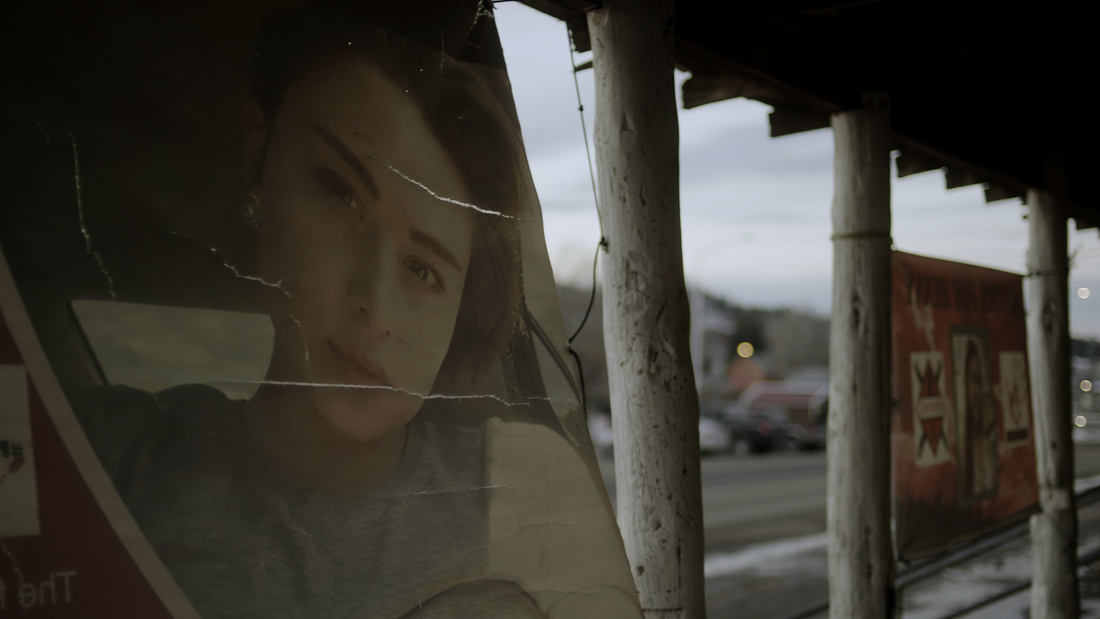|
Review by Sean Boelman
Recent years have exposed the fact that law enforcement is almost entirely inept, particularly when it comes to crimes against Indigenous people and people of color. There is no better proof of this broken system than the crimes discussed in the docuseries Murder in Big Horn, an essential expose of how the system has failed those it is meant to protect.
The documentary investigates the disappearance and murders of dozens of Indigenous women and girls in Big Horn County, Montana and other Native communities across the country — and how local law enforcement generally turns a blind eye towards them. It starts like a true crime documentary, but as the story begins to unfold, we realize that this is a much bigger issue. This show is just a truly devastating, depressing watch. It’s certainly not an easy story to watch, but the discomfort that it will make viewers feel is what will make it so effective. We need to feel uncomfortable about these things that are somehow still happening in our society, because feeling uncomfortable about it is the only way someone will fix it. One of the most valuable aspects of this series is how it exposes the injustices of the American justice system. It’s truly shocking and disgusting to see the bureaucracy and hoops that must be jumped through in order for these girls’ cases even to be investigated — much less brought to justice. It’s disappointing that people refuse to come together to solve these tragedies — and worse yet — allow them to happen again. Admittedly, it does feel at times as if Benally and Galkin cast too wide of a net. Although they do an excellent job of showing how frustratingly common these tragedies are, it feels like they feature too many individual subjects. Of course, there is still a fine line to be tread — if too much depth is given, it can feel like the filmmakers are taking advantage of the tragedy — and the series manages to stay entirely respectful. Still, Benally and Galkin’s execution is sure to elicit a very visceral reaction out of the viewer. It is hard to foresee any viewer watching this show and not feeling absolutely disgusted at the justice system. There are several points in the show in which you may feel tempted to shout at the screen in anger at what has been allowed to happen, but that is the nature of these systemic problems. As is the case with many documentaries made for cable television, the execution here is very polished. However, Benally and Galkin recognize that the power of this story is the story itself. Yes, the cinematography and score are quite good — but they aren’t so flashy as to distract from the subject matter. Murder in Big Horn is undoubtedly one of the more angering and difficult-to-watch documentaries you will see this year, but it calls attention to a very real issue that is still in need of a solution. It’s a powerful, well-executed work of cinematic activism that manages to make its point well without feeling insensitive towards the victims of these tragedies or their families. Murder in Big Horn is playing at the 2023 Sundance Film Festival, which runs January 19-29 in-person in Park City, UT and January 24-29 online. All three episodes reviewed. Rating: 4/5
0 Comments
Leave a Reply. |
Archives
July 2024
Authors
All
|
|
|
disappointment media
Dedicated to unique and diverse perspectives on cinema! |

